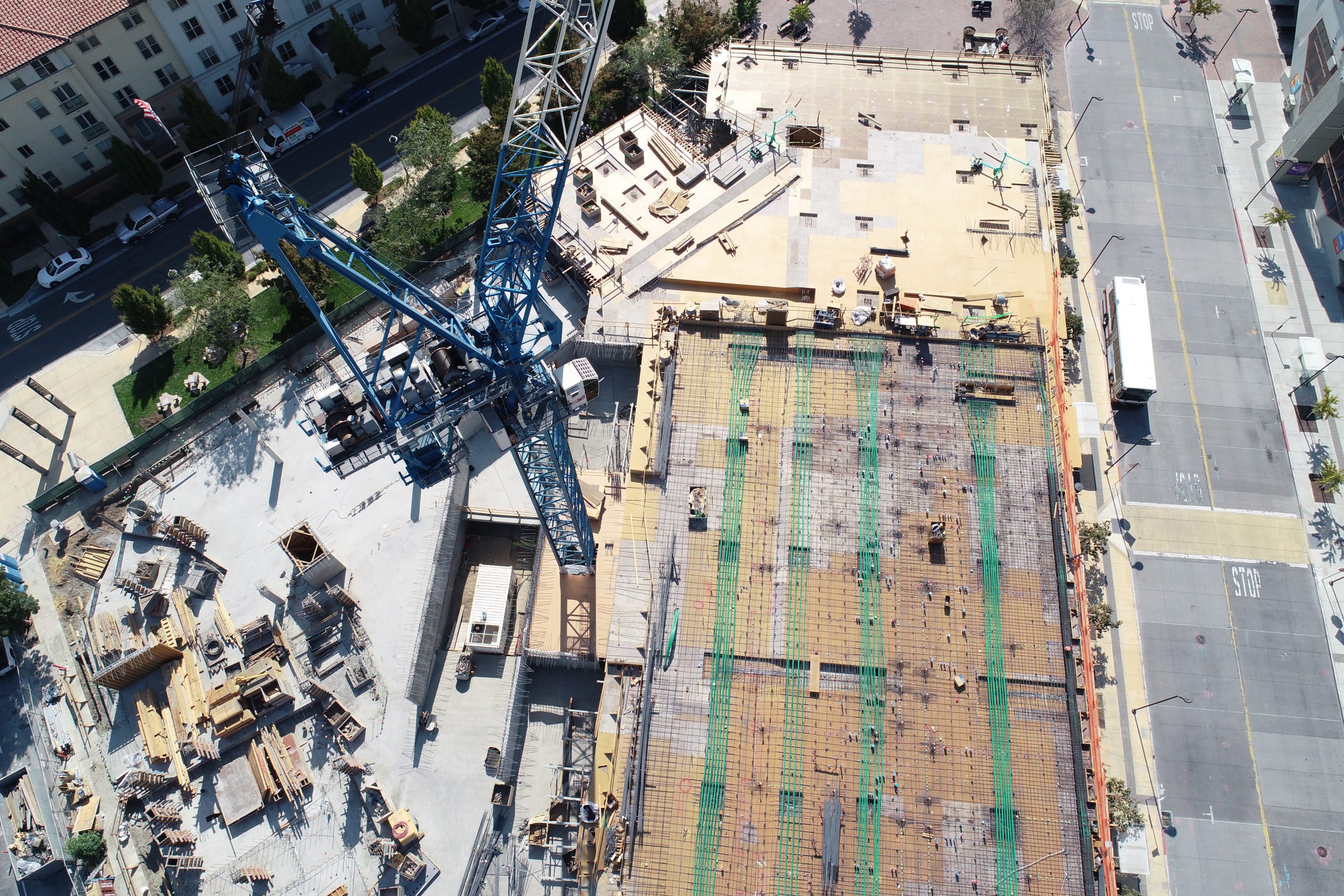
Buying off-the-plan offers you a great opportunity to make a profit from real estate but is always a calculated risk.
With a development planned, or in the midst of construction, you’ll can sometimes gain an advantageous price compared with completed buildings, and a 10% deposit gets you in the market quickly.
If property values are rising, your apartment will gain in value as it is being built, and you could make a handsome profit for the price of your down payment.
As your local real estate agent, we are familiar with how to buy off-the-plan and understand that this transaction differs from winning a property at auction, or a private treaty purchase.
You are more than welcome to come into our office, or call, to seek our professional, friendly advice on your options when buying into a development, and searching for comparable local properties.
Here, we offer a snapshot of your rights when you buy into a development. (Inter-state buyers should be aware rules may be different in their state.)
- Cooling off period – Every state has a law that enshrines a cooling off period. In NSW, it’s 10 business days.
- Your rights – These will be cited in the Contract of Sale. Make sure you are happy with the defects liability clause. Here are a few other issues that you and your legal adviser should check:
- Status of deposit if the construction does not proceed or the developer, and/or builder go broke or lose their licence.
- Your rights if construction is delayed.
- Your rights if the plan is altered.
- Your rights to on-sell the property before completion.
- Changing finishes and colour schemes.
- Selection of appliances.
- Construction site visits.
- Completion earlier than anticipated.
- Building changes – These are common. That’s the nature of construction. Be aware a contract will often allow a developer to modify floor plans and even reduce floor space. If any alterations occur beyond the stipulations of the contract then it may be declared void. Double-down on this with your legal adviser.
- Contract variations – Developers need some flexibility because of council or engineering requirements. You want a provision that gives you the right to pull out if a variation significantly affects your property. Review these provisions with your legal adviser.
- Termination – Once the cooling period has expired, you have limited rights to terminate. These rights vary in each state but generally include developer behaviours such as:
- Misleading and deceptive conduct.
- Failure to disclose.
- Changes / Variations to the disclosure statements.
- Failure to complete construction before the sunset date.
- Sunset clauses – If a developer misses the construction deadline in the sunset clause, the contract is void. You get your money back and ownership reverts to the developer. If the market value has risen during construction, that’s great news for the developer. They make the profit having sat on your money. So, build into the contract an option to unilaterally invoke the sunset clause so you don’t miss out on any capital growth you’ve earned.
- It works the other way, too – You cannot refuse to settle and wait for the sunset clause to take effect as a tactic to avoid purchase.
- You’re insured – Compulsory insurance schemes exist to compensate you if there is defective or incomplete work. Make sure you’re happy with the coverage and compensation.
- Post-sale access – Be aware that contracts will normally state the right of the developer to access the building after you’ve moved in. They’ll either want to conduct remedies to construction or to sell unbought apartments.
As we said earlier, buying off-the-plan can be rewarding and there are some great new developments being constructed locally. We’d be happy to provide you with some information on local properties so you can make your decisions with confidence.
